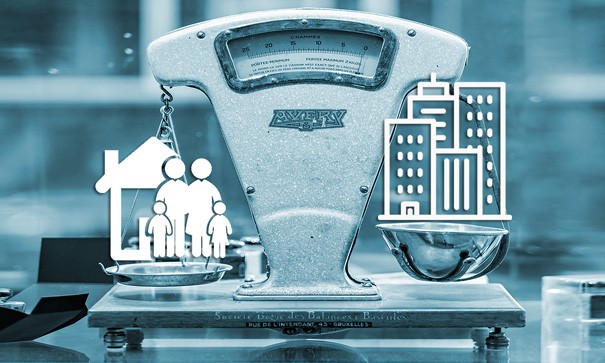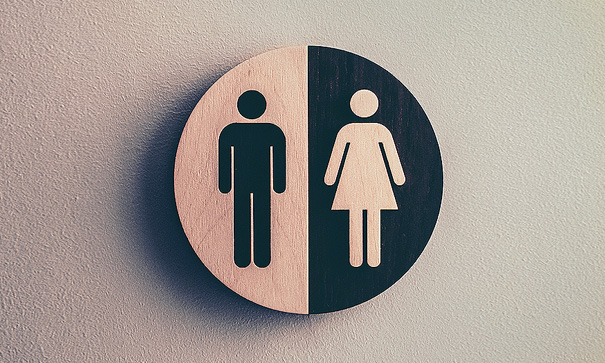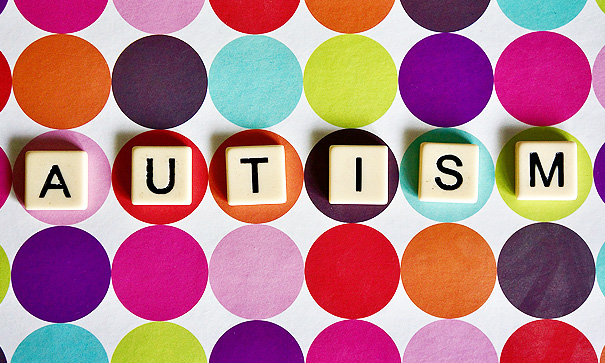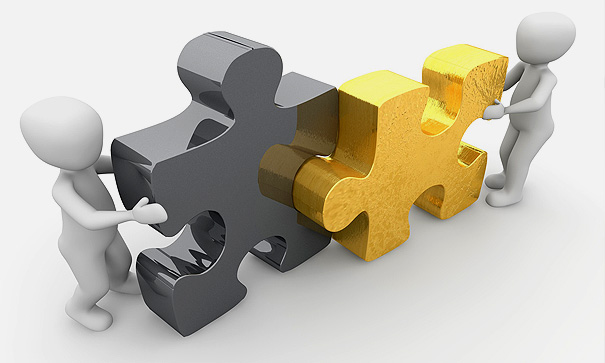So What Is Is Therapy & Counselling all about?: And why might you ever find yourself in a situation that would make you consider seeking a therapeutic approach? It’s one of the most confusing questions people ask themselves when they decide to seek help in the form of talking therapy (or counselling). For someone new to therapy and counselling, or any therapeutic mental health process it can look and feel to them like a bit of a grey area.
You will often be asking yourself “what is therapy, what is counselling, what is psychotherapy, and what does it all have to do with my needs?”
The words ‘therapy’ and ‘counselling (the same as ‘therapists’ and ‘counsellors’) are often used interchangeably in the UK under the category of ‘talking therapy’, although this is not the case worldwide. However, some therapy modality approaches that involve your body (from body-oriented psychotherapy to alternative wellbeing and complementary approaches like reiki and acupuncture) use the word ‘therapy’ as opposed to ‘counselling’.
In standard (and easier) terms, counselling usually refers to a brief treatment that centres around the individual’s behaviour patterns. Psychotherapy usually focuses on working with clients for longer-term treatment and draws from insight into the individual’s emotional problems and difficulties. In most practices, they usually fall under the term ‘therapy’ as both terms are a type of therapy in their own right.
What Is the difference between a counsellor and a therapist?: Some counsellors and therapists practice one specific type of therapy, while others combine approaches depending on your specific needs and usually just focus on a current issue that is affecting the client. But, there can also be some circumstances that overlap, where counselling can form a part of a longer psychotherapy programme.
In the United Kingdom, counselling and psychotherapy are not regulated by the government. Usually, becoming a registered psychotherapist (therapist) in the UK requires a related post-graduate level over a four to five-year period in order to practice, whereas in counselling this can be achieved in as little as two years at the further education level. In each case, a fully qualified therapist and counsellor will be accredited by one of the professional bodies and associations based on their professional qualifications and a certain amount of experience in the field
Not all types of therapy modalities used in therapy are right for everyone. It may take some trial and error before you find the right kind of talking therapy (or counselling) that suits you, and, more importantly, the therapist (or counsellor) who suits you. Some people believe that the unique relationship between you and your therapist/counsellor is more important than the type of therapy you choose, and it might take several attempts before you find the right therapist for you.
So Why should I seek therapy and counselling?: If you’re new to this world then the first steps can sometimes be the most difficult. Therapy can be a very effective treatment for a whole range of personal problems covering areas from physical and emotional problems, and different types of behavioural disorders, to human sexuality issues and a host of wellbeing therapy techniques.
It’s a very common misunderstanding that most people, new to this type of help, believe that they need to be suffering from “mental illness” or serious “psychological problems” in order for therapy and counselling to be appropriate and work for them. This is a misconception, anyone can benefit from therapy when it comes to helping you deal with your personal feelings and problems.
So back to the first question, “What is therapy and counselling?” We hope that after reading this you may now have some more insight into what talking therapy and counselling are all about.
If you feel uncertain which therapist or therapy treatment is right for you we are here to help you through the process and answer any questions you may have.
Please contact us in confidence and fill out the form at the bottom of this page.
Or, alternatively, take a look at the current therapists working at our practice here.






































































